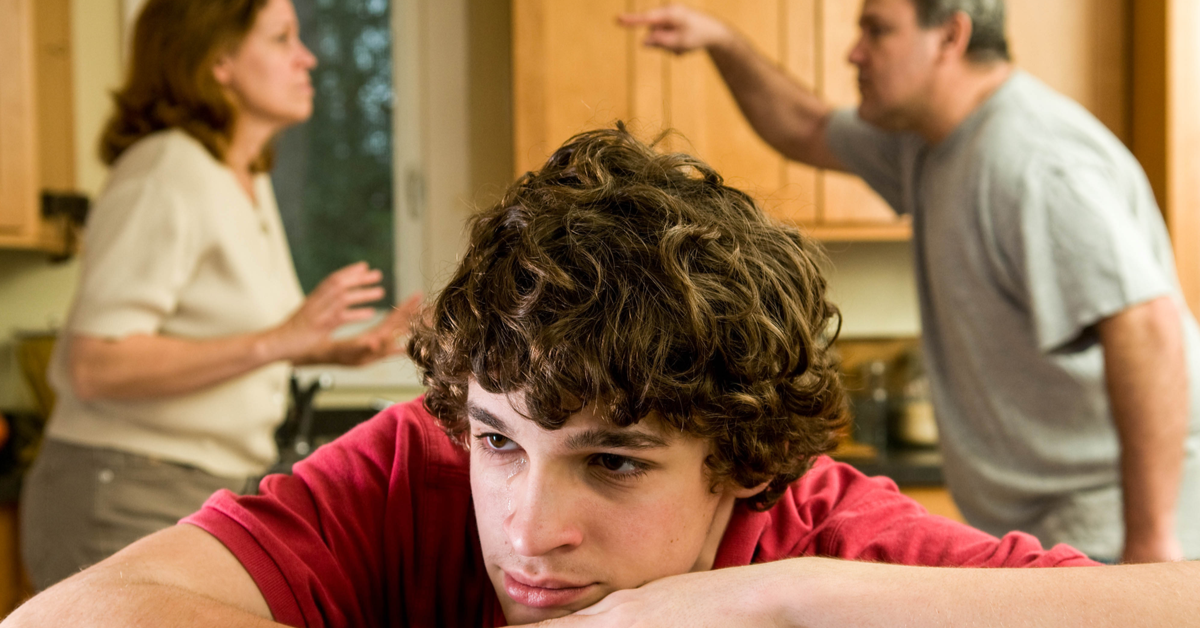Wilderness therapy programs can be a wonderful option for some troubled teenagers, but only when those programs are managed by experienced staff members and well-regulated by state agencies. Don’t make the mistake of enrolling your teenager into a wilderness therapy program that you haven’t properly researched.
What Are Wilderness Therapy Programs?
Sometimes teenagers need a place to go that is away from home and distanced from bad friends and negative influences. Wilderness therapy programs are specially designed to safely house teens in remote settings where they are free from distractions like electronics, school, home and friends. At wilderness therapy programs, troubled teenagers work with mentors who guide them through some of their behavioral issues. If all goes well, the teenagers gain valuable insights into their issues, their inner strengths and their desires for the future.
Wilderness therapy programs generally consist of camping and engaging in outdoor recreation with trained professionals. Being outdoors is proven to be restorative and healing for stressed and frustrated people. Teens also learn things like fishing, hiking, biking, rock climbing, camping skills and more. Teens learn more about themselves, their issues and their inner strengths at a wilderness therapy program than they would at weekly therapy sessions at home or school. If your teenager is not finding success at traditional school and dealing with mental illness, emotional issues or behavior problems, then wilderness therapy programs might be the answer you seek.
Finding the Best Wilderness Therapy Programs
There are wilderness therapy programs found in almost every state, but not all of them are necessarily good for your teenager. Before enrolling your struggling teen into a wilderness therapy program, make sure it is a reputable one, with a long history of success.
Here are 5 things to look for in a wilderness therapy program that usually means the program is a good one:
- The program has been operating for at least a few years and has had no operating issues, license suspensions, or investigations.
- The administration and staff are properly certified and licensed in their respective positions and have years of experience in working with adolescents.
- The program’s safety plan and safety record are well planned, well documented and available for inspection, plus they align with state regulations for teen help programs.
- There are plenty of testimonials from former participants and parents that support the program and those testimonials are made available to inquiring parents.
- The treatment philosophy of the program and the day-to-day schedule is in alignment with sound therapeutic and residential recovery research.
Once you ensure that the wilderness camp meets all these criteria, you can feel better about entrusting your child to them. Wilderness therapy programs can often make a huge impact in a troubled teen’s life.











0 Comments